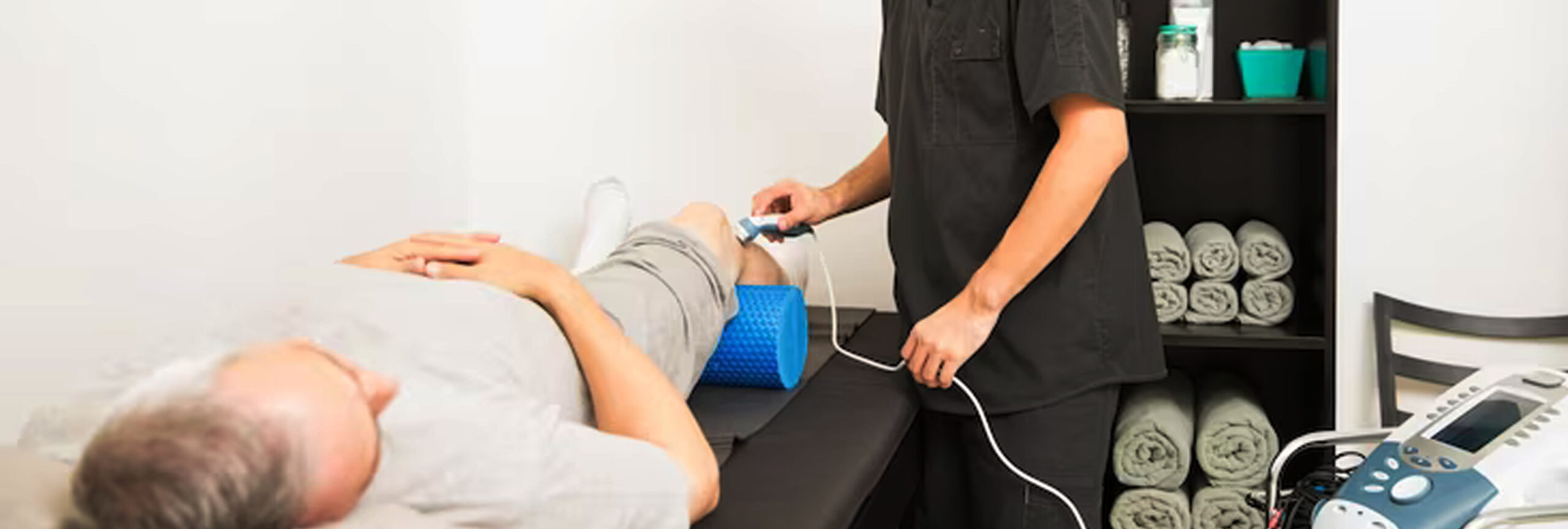Stroke and Neuro rehabilitation center
A stroke occurs when the blood supply to part of the brain is interrupted or reduced, preventing brain tissue from getting oxygen and nutrients. Brain cells begin to die in minutes. It is a medical emergency, and prompt treatment is crucial. Early action can reduce brain damage and other complications.
The process of stroke rehabilitation is crucial for complete recovery of the patient, it is provided over a stipulated period of time. The goal of stroke rehabilitation is to help the patient relearn the skills lost by the stroke affected part of the brain and hence help the patient regain independence and improve quality of life.

Dr. Pearlson Kanagasabapathi
Professor & Sports Physiotherapist
Dr. Shivkumar
Consultant Neurologist
Dr. Ramesh
Consultant Neurosurgeon
The duration of stroke rehabilitation depends on the severity of the stroke and related complications. Some stroke survivors recover quickly while others require some form of long-term stroke rehabilitation, lasting possibly months or years after the stroke.
Stroke rehabilitation plans will change according to progress in recovery as you relearn skills. With continuous practice and expert help, you can continue to make gains over time.
Stroke rehabilitation involves a variety of specialists. Specialists who can help with physical needs include:
- Physicians: Your primary care doctor — as well as neurologists and specialists in physical medicine and rehabilitation — can guide your care and help prevent complications. These physicians can also help you to gain and maintain healthy lifestyle behaviours to avoid another stroke.
- Rehabilitation nurses: Nurses who specialise in caring for people with limitations to activities can help you incorporate the skills you learn into your daily routines.
- physiotherapists : These therapists help you relearn movements such as walking and keeping your balance.
- Occupational therapists: These therapists help you relearn hand and arm use for daily skills such as bathing, tying your shoes or buttoning your shirt. Occupational therapists can also address swallowing and cognitive issues, and safety in your home.